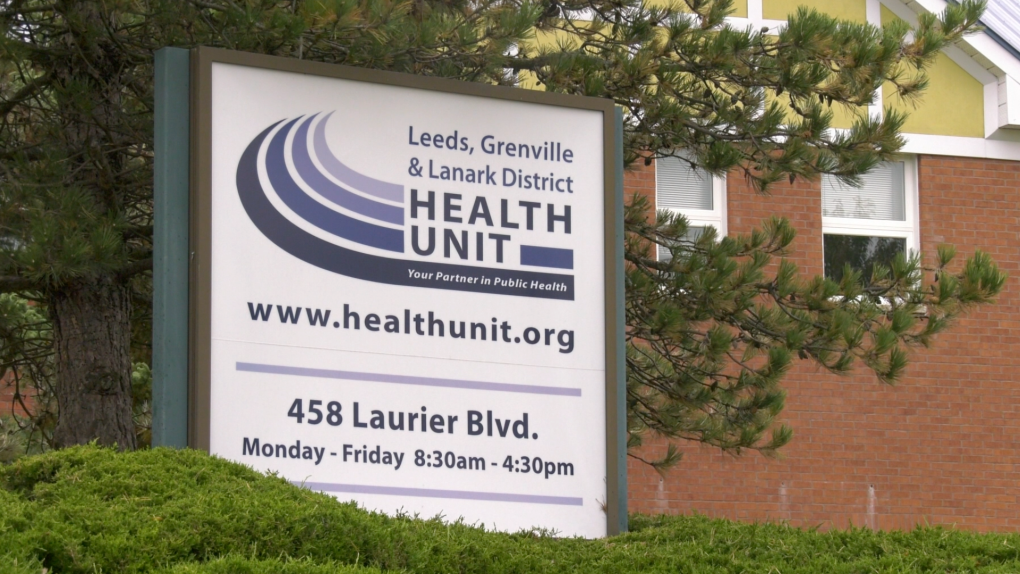Leeds, Grenville and Lanark public health unit sees doubling in overdose-related ER visits

The Leeds, Grenville and Lanark District Health Unit (LGLDHU) is warning the public over an increase in drug-related poisonings in the region.
In a news release on Tuesday, the public health agency said the Leeds, Grenville and Lanark region reported 21 emergency room visits for overdoses in the last two weeks, double the number of visits for drug-poisonings normally seen.
The LGLDHU health dashboard shows there have been 3 suspected overdose deaths in the region so far this year after there were 14 confirmed overdose deaths in 2023.
The statement is another warning in a rise of overdose-related deaths and incidents across eastern Ontario this year.
In the first eight weeks of 2024, 49 people died in the City of Ottawa because of suspected drug overdoses, according to data from Ottawa Public Health. Data shows there have been 173 emergency room visits in Ottawa that were confirmed to be opioid overdoses so far this year. There were 1,290 visits confirmed to be opioid overdose visits in 2023, up from 866 in 2022 and 929 in 2021.
The Kingston, Frontenac, Lennox & Addington Public Health (KFL&A) also alerted the public earlier this month, after they saw a 50 per cent increase in apparent drug poisonings.
The City of Belleville declared a state of emergency in January after a string of 17 overdoses in the span on 24 hours, with 13 of them happening within an hour and a half.
LGLDHU says it is aware of the presence of Xylazine in the drug supply, a drug which does not respond to naloxone, the medication used to reverse opioid drug poisonings.
“Xylazine can cause deep sedation, slow down breathing and heart rate, lower blood pressure, increase blood sugars, constrict pupils and cause extreme feelings of tiredness and fatigue,” the news release said.
“The risk of experiencing a fatal drug poisoning significantly increases if there is Xylazine unknowingly mixed with other substances such as opioids (i.e., fentanyl) or benzodiazepines (i.e., lorazepam) that cause sedation and central nervous system depression.”
LGLDHU says it monitors drug poisonings through an early warning and surveillance system, which monitors data such as ER visits.
The health agency is encouraging naloxone training and highlighting the importance of calling 9-1-1 for medical assistance for all suspected overdoses.
“Naloxone remains highly effective in reversing the opioid overdose even when other substances are involved,” the public health agency said in the release.
View original article here Source









